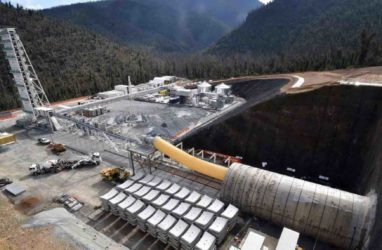The Trump administration's abrupt halt to Orsted's Revolution Wind offshore project, justified by purported national security concerns, has revealed significant vulnerabilities in its anti-renewable energy stance. The Bureau of Ocean Energy Management's (BOEM) one-paragraph rationale for the stop-work order lacked substantive backing, prompting Orsted to challenge the decision in court. The stakes were high, with the company facing potential project cancellation and over $1 billion in losses due to strict timelines and contractual obligations. As the legal battle unfolded, state attorneys general joined Orsted's lawsuit, emphasizing the arbitrary nature of the administration's actions and questioning the legitimacy of its national defense claims, which included unsubstantiated assertions about radar interference and electromagnetic emissions.
The court's eventual decision to lift the stop-work order underscores the inadequacy of the Trump administration's rationale. Orsted's legal team effectively countered the government's claims by presenting evidence of prior approvals and ongoing compliance with regulatory requirements. Testimonies from company officials highlighted a history of collaboration with military and NOAA representatives, contradicting the administration's narrative. This case not only illustrates the challenges faced by renewable energy projects amid political opposition but also signals a potential shift in the balance of power, empowering companies to contest unfounded regulatory actions. As the offshore wind sector continues to expand, the implications of this legal precedent could reshape future interactions between energy developers and government agencies, fostering a more favorable environment for renewable initiatives.







